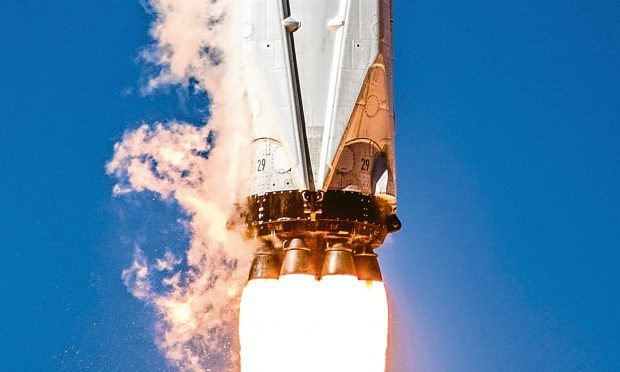Dundee games entrepreneur Chris van der Kuyl has called on Scottish businesses to reassess their attitude to risk to remain competitive.
Speaking at a panel discussion at the Institute of Directors Scotland’s annual conference, the chairman of Dundee’s 4J Studios criticised the risk adverse nature of Scottish society.
He said: “We have got into a comfort zone of how we can remove risk from every part of our lives – our business, our personal lives, civic society, everything.
“That attitude is 100% wrong – we should be maximising our attitude to risk.
“Businesses should be thinking, within a context of wanting my business to be here tomorrow, how much risk can I take?
“Only with taking big, bold risk will business thrive and things will change.”
The technology pioneer, whose company developed the Minecraft games franchise for console, said he saw little evidence of an appetite towards risk in the country.
He continued: “Having debates at Holyrood or elsewhere is going to do nothing unless we systemically say we want brilliant risk management in this country.
“The risk managers we want are people who will take maximum risk without wrecking the underlying organisation.
“Encourage that and put systems in to build on that.
“We need to decide whether we want our society to be competitive in the 21st century or not, and if we do we need to change to that type of risk model right across the country.
“If not, there could become a tipping point where if we don’t adopt that methodology then all the dynamic good people will disappear.”
Mr van der Kuyl pointed to Tesla founder Elon Musk’s moves into space exploration as a good example of someone taking risks.
“SpaceX, Elon Musk’s space company, said they were going to put rockets up and land them on a ship so they could reuse them and people laughed,” he told the delegates.
“One fell off the side of the ship and they said that’s OK, we’ll tweak the software.
“In a traditional risk model there would be massive enquiries, everyone would be sat round a table gnashing teeth, delaying things for 10 years until they could make sure there was no mistake.
“SpaceX just kept throwing them up until they got it right, which they did within a year.”
